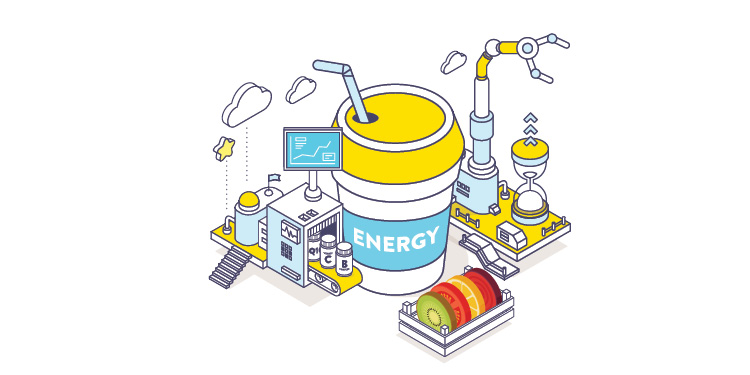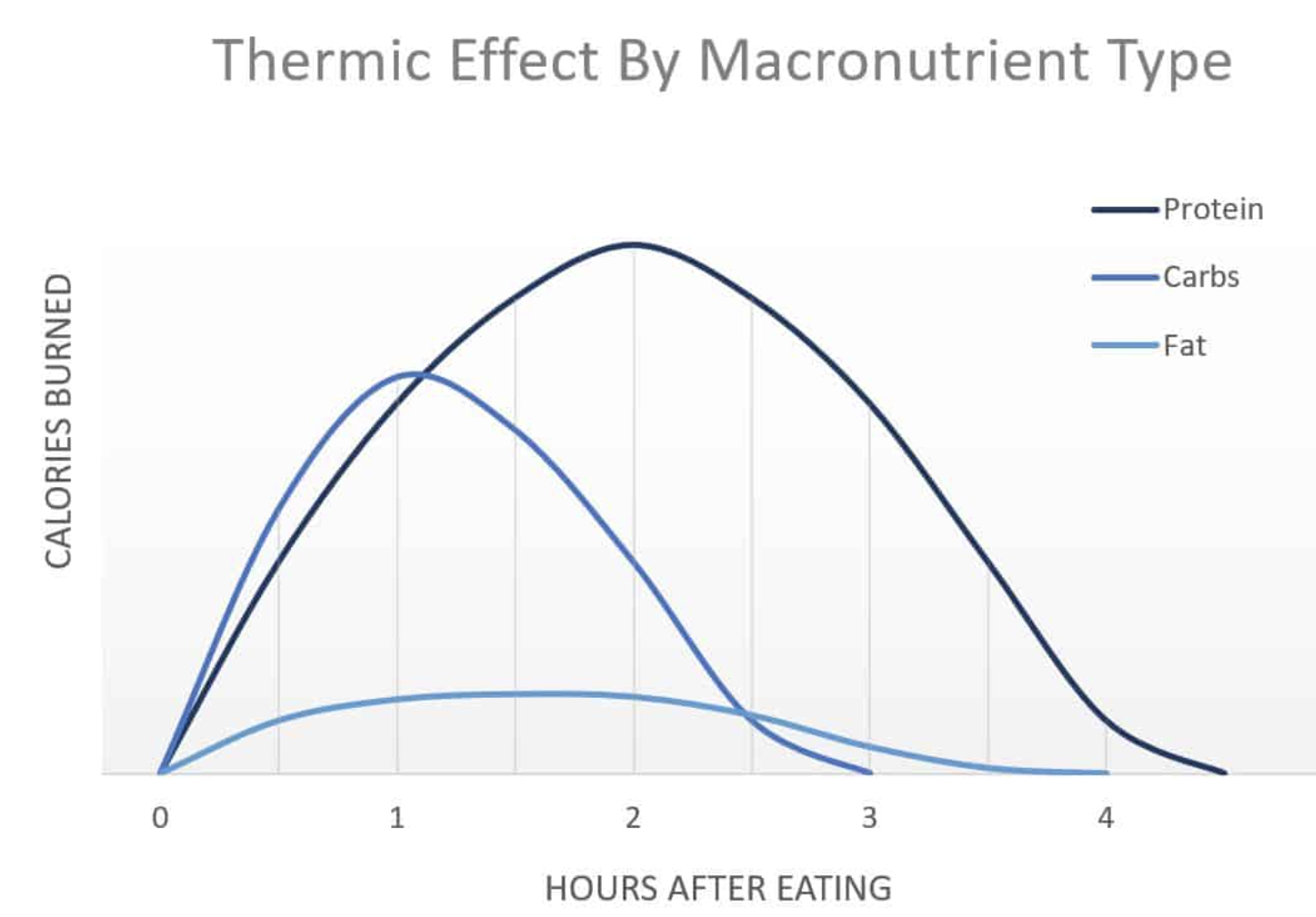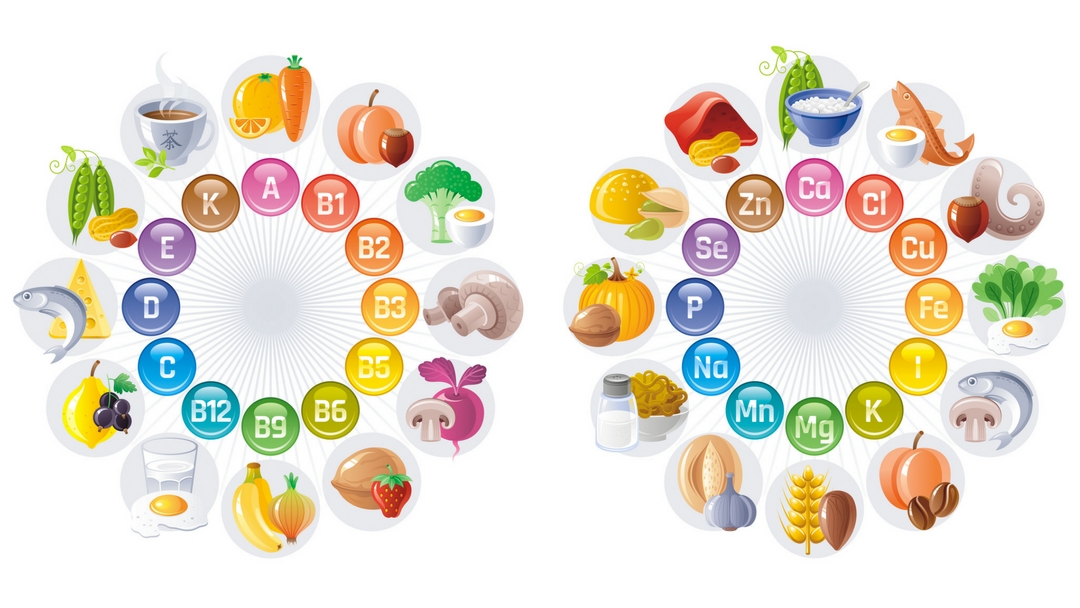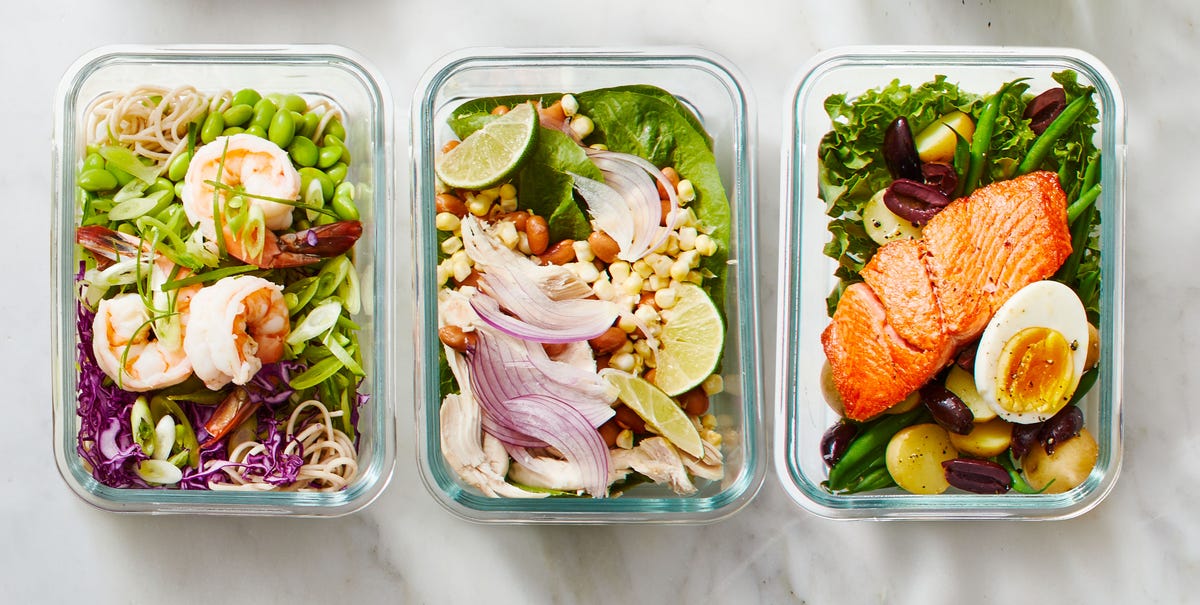The Power of Protein and Vegetables: Transforming Health and Fueling Weight Loss

When it comes to optimizing our health and achieving weight loss goals, one cannot underestimate the power of prioritizing protein and incorporating an abundance of vegetables into every meal. These two nutritional powerhouses work synergistically to provide an array of benefits that go beyond mere weight management. Let's explore how making these dietary choices can enhance your well-being and contribute to a healthier lifestyle.
Sustained Energy Levels

Protein is an essential macronutrient responsible for repairing and building tissues, enzymes, and hormones. By including protein in each meal, we stabilize blood sugar levels and feel fuller for longer periods, avoiding energy crashes and unhealthy snacking. This sustained energy enables us to perform daily activities with vigor and helps us stay on track with our weight loss goals.
Enhanced Metabolism and Muscle Maintenance

Protein-rich foods require more energy for digestion, leading to a slight boost in metabolism. This phenomenon, known as the thermic effect of food (TEF), can contribute to a more efficient calorie burn throughout the day. Additionally, protein plays a vital role in preserving and building lean muscle mass, which is essential for a healthy metabolism and overall body composition.
Improved Appetite Control

Vegetables are low in calories but high in fiber, making them an excellent addition to any weight loss plan. High-fiber foods, such as broccoli, spinach, and kale, promote satiety, reducing the likelihood of overeating. By filling up on vegetables, we consume fewer calories overall while still feeling satisfied, making weight loss more manageable.
Nutrient Density and Optimal Health

Protein and vegetables are packed with essential vitamins, minerals, and antioxidants that support overall health and well-being. Protein sources like lean meats, fish, and legumes provide crucial nutrients such as iron, zinc, and B vitamins. Meanwhile, vegetables offer a plethora of phytonutrients and antioxidants, which help combat inflammation, reduce the risk of chronic diseases, and promote longevity.
Improved Digestion and Gut Health

Fiber-rich vegetables aid in digestion by promoting regular bowel movements, preventing constipation, and supporting a healthy gut microbiome. A healthy gut is essential for efficient nutrient absorption, immune function, and maintaining a balanced mood.
Versatile and Flavorful Meals

Combining protein and vegetables allows for endless culinary possibilities. From vibrant salads to stir-fries and protein-packed vegetable soups, the options are limitless. Experimenting with different flavors, textures, and cooking techniques makes healthy eating exciting and enjoyable, eliminating the feeling of restriction often associated with weight loss diets.
Prioritizing protein and incorporating vegetables into every meal is a winning formula for both weight loss and overall health. The combination of protein's muscle-building and metabolism-boosting effects, along with vegetables' fiber-rich, nutrient-dense properties, creates a balanced and sustainable approach to healthy eating. So, next time you plan your meals, remember to include a generous portion of protein and an array of colorful vegetables. Your body will thank you with improved energy levels, enhanced well-being, and a step closer to achieving your weight loss goals.
Want to understand how I use macro tracking to eat intuitively while staying in shape? Get the macro cheat sheet guide.
I worked with my team to put together a quick list of some of the most common foods so you are able to reference this as you are focused on maintaining a healthy lifestyle. Simple. Easy. Effective.
